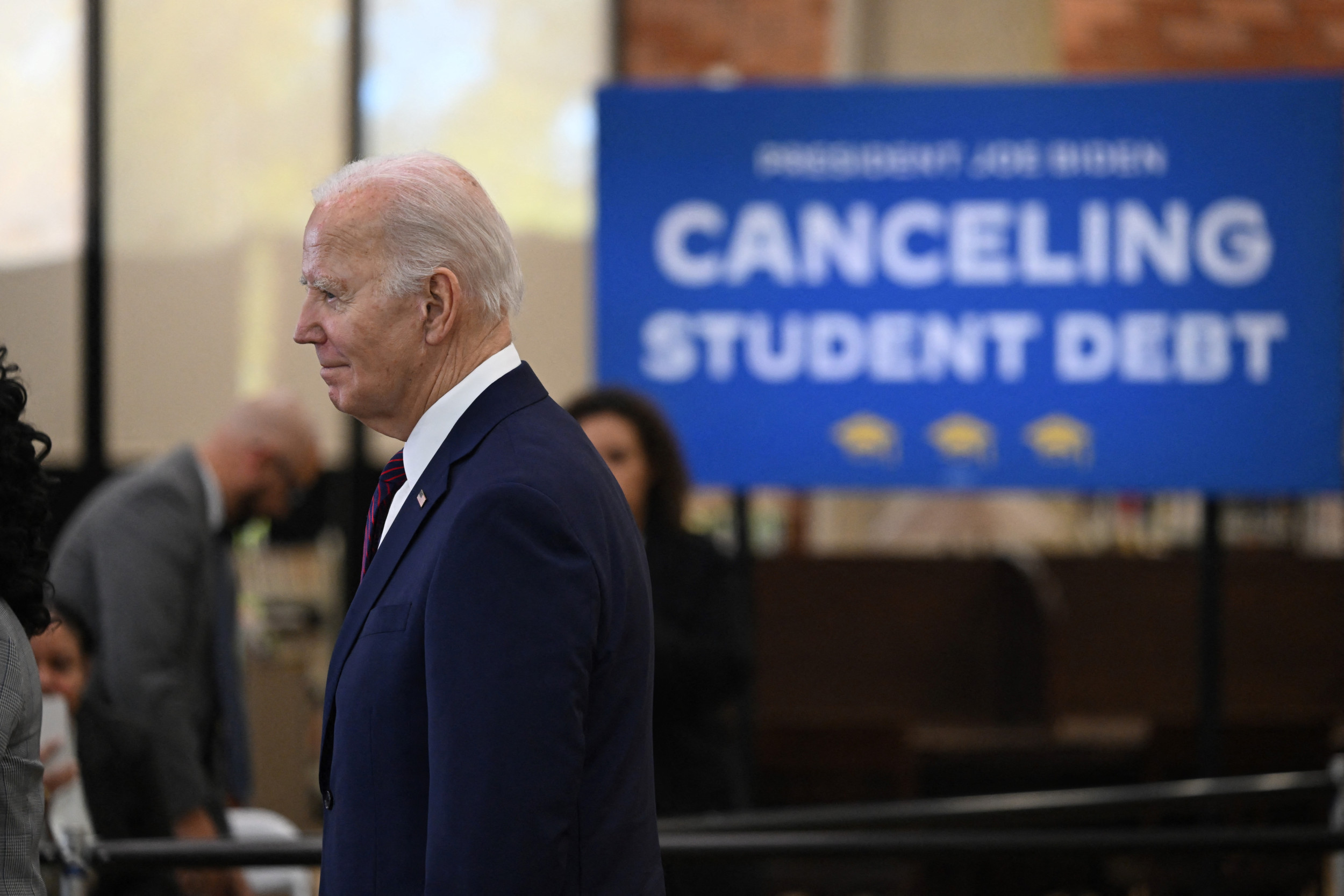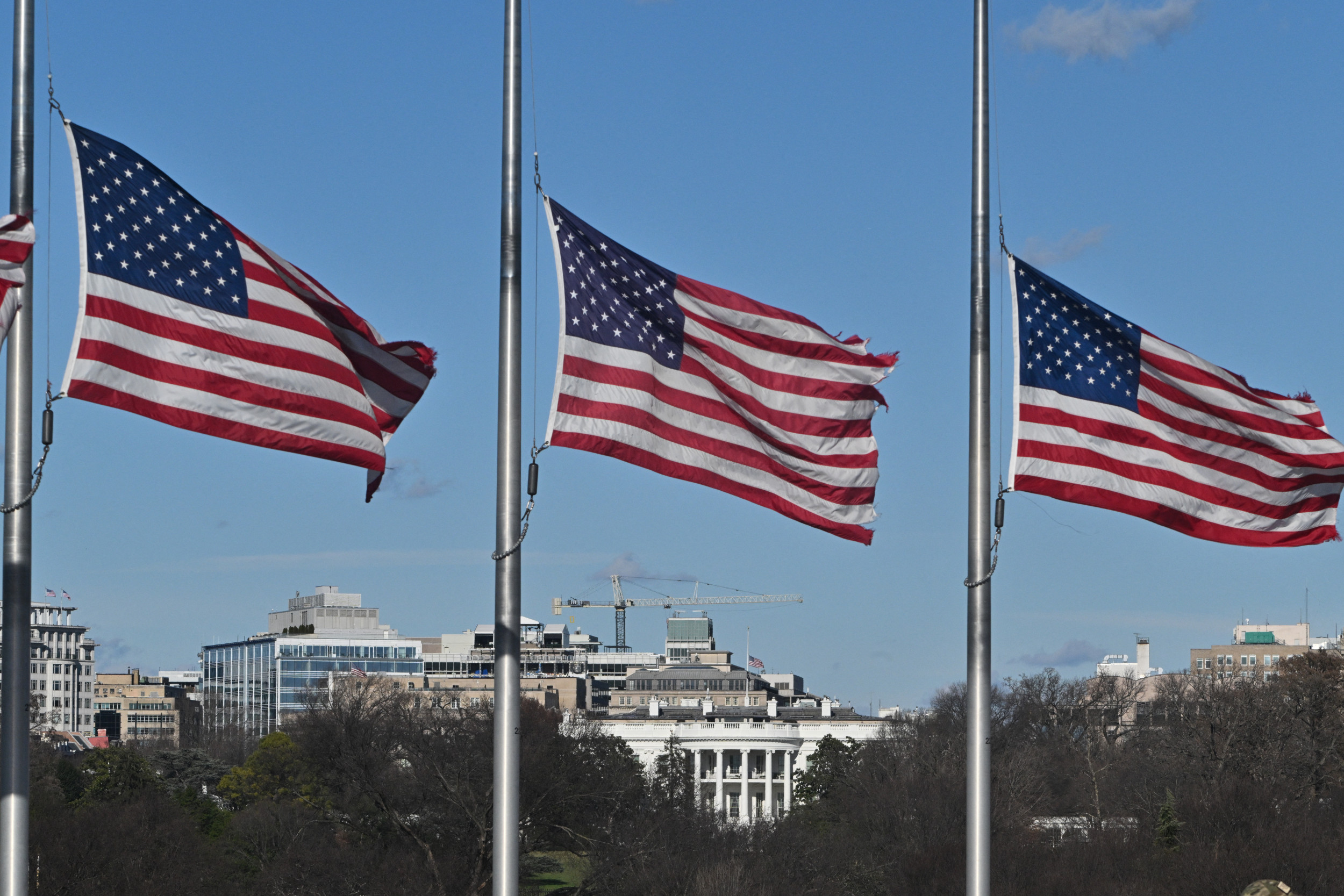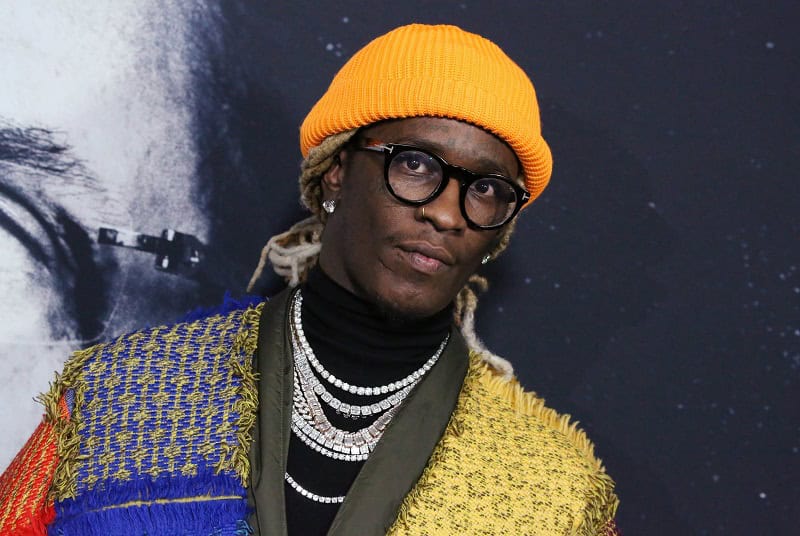Calls to a voting rights helpline more than doubled on the day of the 2024 election compared to four years earlier, according to data exclusively supplied to Newsweek.
Nonpartisan voting rights group VoteRiders said the number of voters who called or texted its helpline, which offers advice regarding the documents voters need to prove their identity, increased by 261 percent in 2024 relative to the 2020 presidential election.
The issue of voting rights loomed large in the 2024 election, with supporters of Republican President-elect Donald Trump seeking tougher measures after alleging without evidence that the 2020 election was stolen from him while Democratic Party supporters of Vice President Kamala Harris often saw measures to toughen ID requirements as possibly discriminating against minority groups.
A total of 35 states required a government-issued identification to vote in person in the 2024 presidential election. Of these, 24 required a photo identification such as a driver's license or a U.S. passport. That is four more states than required the same in the 2020 election.

Of the 24 states with photo ID, some have issued strict laws meaning those without valid ID may be turned away until they can provide it. Others have more lenient laws that allow people to vote subject to additional checks like matching their ID signatures to their voting registration signatures to prove their identity, or by casting a provisional ballot, meaning a ballot is counted subject to verifying the voter's identity after the election.
VoteRiders staff told Newsweek that it fielded nearly 12,000 inquiries this year to date from voters by call, text, or email.
Concerns they said they heard from callers included people seeking guidance about the type of ID they should bring to the polling stations, students using student ID that they say wasn't accepted at the ballot box and people who said they were denied provisional ballots because they had no ID.
VoteRiders said they received calls from voters in nearly every state, but the largest number of calls came from Texas (11 percent), Florida (10 percent) and Georgia (9 percent). In Texas, people must vote with photo IDs but can use alternative IDs without photos in some circumstances. In Florida, photo ID is required but those without it can cast a provisional ballot. In Georgia people need photo ID either in person or absentee.
Newsweek contacted the Texas, Florida and Georgia secretary of state's offices to comment on this story.
Lauren Kunis, CEO of VoteRiders said the data showed "the extent to which voter ID laws confuse and intimidate voters."
She told Newsweek the incidents "illustrate the ongoing challenges in making sure that every eligible voter is able to cast a ballot that counts, and the rising challenges to doing so."
Voter ID rules have faced criticism in the past, with the American Civil Liberties Union calling the concept "discriminatory" against minority voters. Trump has previously spoken out in favor of requiring voter ID, calling it "the real deal."
In the November 2022 midterm elections, calls to VoteRiders increased 287 percent compared to 2021, the last comparable election year.
Meanwhile, ahead of the 2024 election, concerns were previously raised that transgender voters could be disenfranchised due to the strictest of voter ID rules where differing facial features and potential "dead names" on ID cards, the name a transgender person is given at birth but no longer uses after transitioning, may cause confusion.
In this year's election, Trump secured 312 Electoral College votes in the race against Harris, who won 226 votes. The Republican Party has also taken control of the Senate 52 seats to 47, and is leading in Pennsylvania which has not yet been called. The GOP will also have control of House of Representatives with a 218-209 seat lead and 8 races left to be called.



















:quality(85):upscale()/2024/04/24/878/n/3019466/36c5693c662965c5d1ce91.72473705_.jpg)
 English (US) ·
English (US) ·